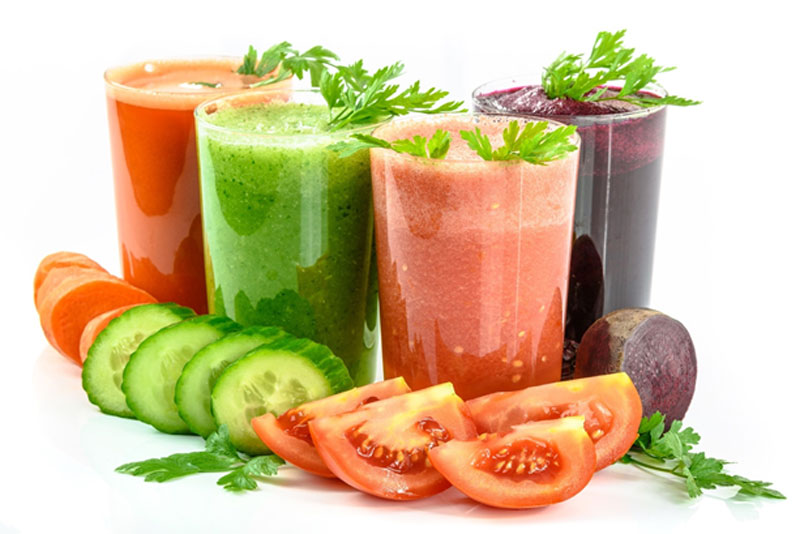
The Questions We Struggle to Answer
It seems like the more we learn about the human body and the diseases to which it is prone, the more questions we have about it all. Before we realized that many things could be passed from one generation to the next, we assumed that inheritable diseases were marks of the gods’ displeasure. Today, we know better, but how many of the deadly diseases in the world are actually encoded in your genetics? What plays a bigger role in your future health – is it genetics, or the way you nurture your body? Is it all about your genetic risk levels, or do your actions and decisions affect things more?
The Reality of the Situation
Yes, our genes do play some role in our risk of developing specific diseases. However, you cannot look at that as saying your genetic abnormalities have a greater effect on your body and quality of life than anything else. Environmental factors and lifestyle choices are actually much stronger impactors than your genes. For instance, consider the following:
- Someone who smokes has an inherently higher risk of developing specific types of cancer than someone with a genetic predisposition to cancer who does not smoke.
- Someone who eats poorly and does not exercise regularly has a much higher chance of developing type II diabetes than someone whose parents were diabetic but who eats right and exercises regularly.
- Someone with no family history of vision impairment who works long hours at a computer has a higher chance of needing glasses eventually than someone with a family history of poor ocular health who limits screen exposure.
In short, our actions, inactions, decisions, and environmental factors have as much to do with the health conditions we experience as do our genes, or even more. This is particularly visible when it comes to diet and cancer.
Antioxidants and Cancer Risk
One of the most visible correlations between our choices and our health involves the impact of antioxidants on our risk of cancer. Eating food rich in antioxidants actually decreases your chances of developing cancer more than genetics make you prone to it.
According to the National Cancer Institute, “In laboratory and animal studies, the presence of increased levels of exogenous antioxidants has been shown to prevent the types of free radical damage that have been associated with cancer development.”
However, it should be noted that taking supplements to increase antioxidant levels in the body has yielded mixed results. It is better to get your antioxidants through your diet. Which foods have the highest concentrations of antioxidants, though? If you think you’re going to need to shell out a small fortune for ultra-rare “superfoods”, there is good news. Most of the vegetables and fruits you already know contain plenty of what your body needs.
- Red beans – 13,727 antioxidant capacity per serving
- Cranberries – 8,983 antioxidant capacity per serving
- Wild blueberries – 13,427 antioxidant capacity per serving
- Red apples – 5,900 antioxidant capacity per serving
- Plums – 4,118 antioxidant capacity per serving
- Pecans – 5,095 antioxidant capacity per serving
- Blackberries – 7,701 antioxidant capacity per serving
In addition to these powerhouses, consider dark green veggies. Kale, collard greens, broccoli, and spinach all pack in plenty of antioxidants. Nuts, sweet potatoes, grapes, and fish are also all good options to add to your diet.
In Conclusion
Ultimately, both nature and nurture have an impact on your life, body, and diseases that you may experience. However, your own actions in terms of diet and environmental factors to which you are exposed play a far greater role than mere genetics. There is no excuse for not taking control of your life – empower yourself and protect your body with a healthy diet.
Comments
comments